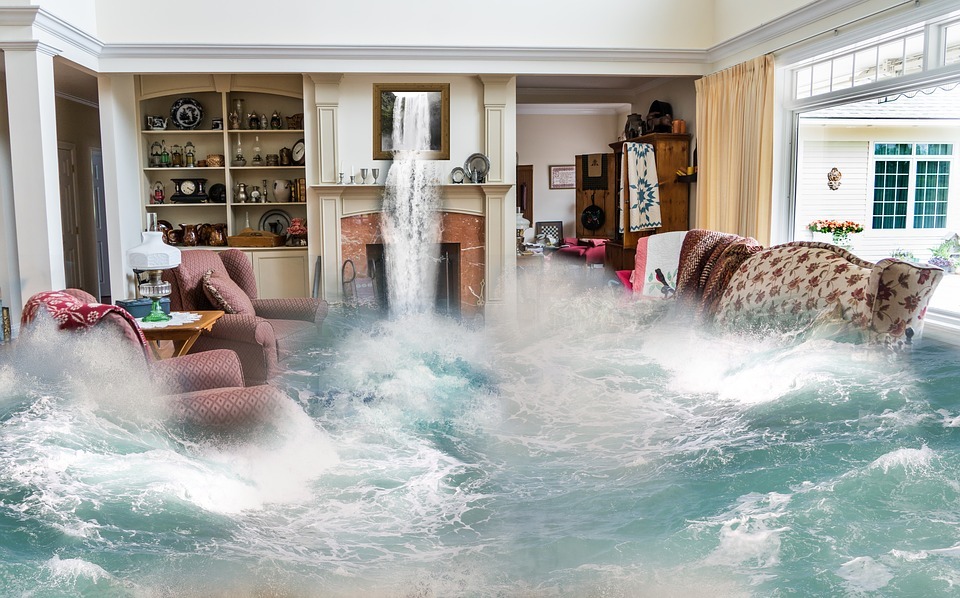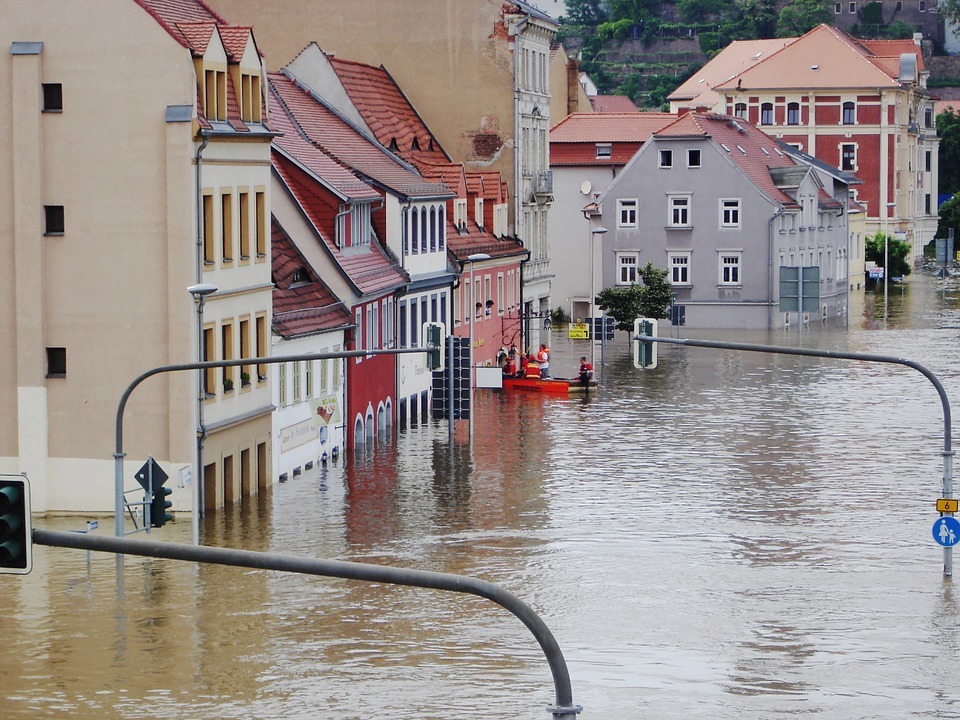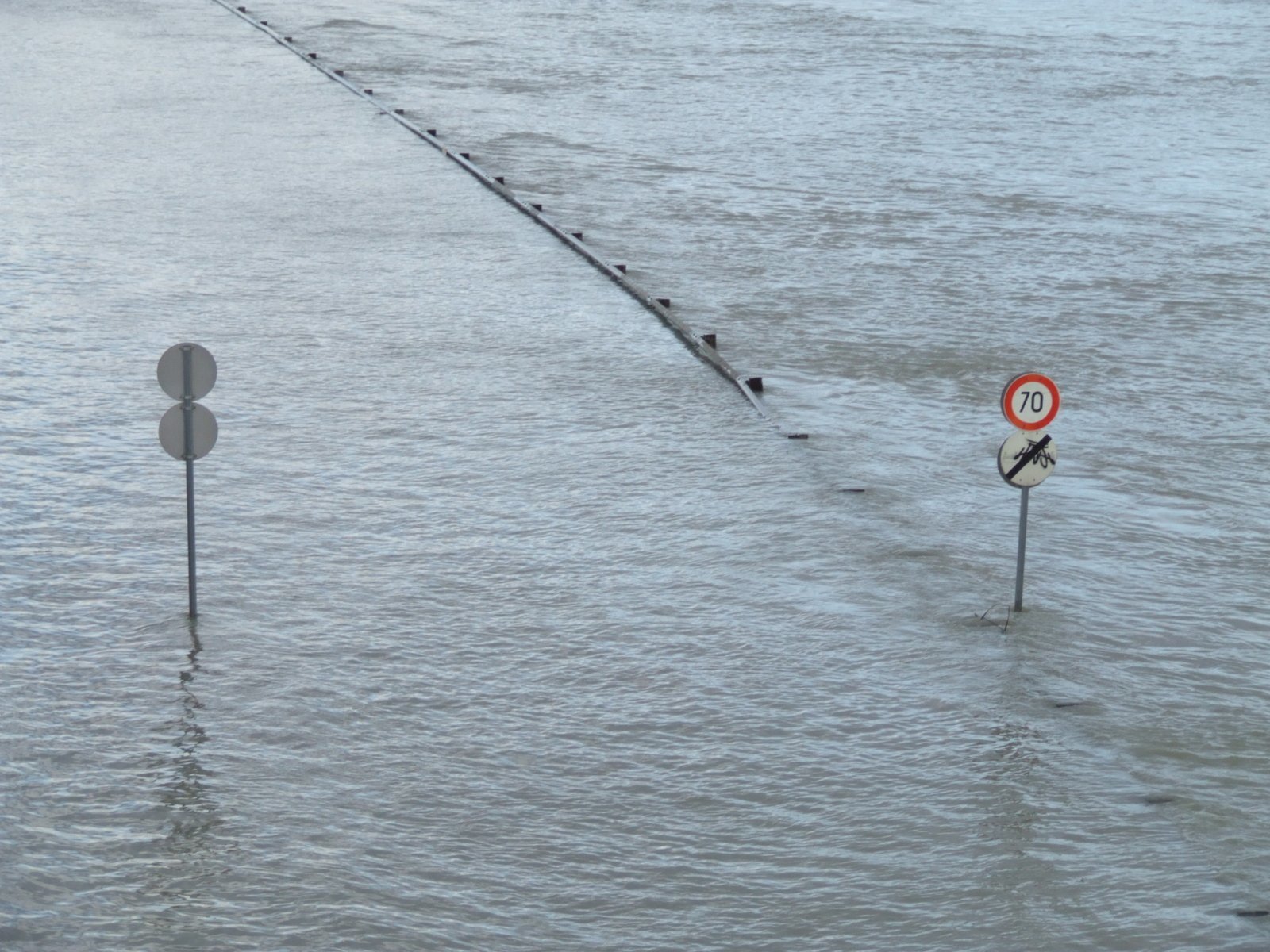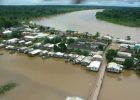Strategies to Prepare and Respond to Floods
Floods are not uncommon in the United Kingdom, with severe floods affecting various parts of the country. In November 2016, the government put 1200 troops on a 24-hour standby to help deal with flooding, including assisting those affected or rendered homeless by the floods. Given that floods are inevitable, it’s important to be prepared and learn ways to respond to this natural phenomena.

How Do You Prepare for Floods?

Do you live in or are you travelling, to a flood prone area? Keep stock of emergency building materials, such as plywood, lumber nails, plastic sheeting, sandbags, and a hammer. You need to also have flashlights with extra batteries, a portable radio, a full first-aid kit and manual. Having emergency food, bottles of water, and cooking equipment may also be helpful. Your car should always be fueled. Be sure to plan on an evacuation route and develop an emergency communication plan. Teach your family, including children, how to prepare for floods and the procedures to turn off water and electricity. Request your long-distance friend or family to act as your contact during the floods.

Responding to Floods
Check the web and keep your radio on, to learn about evacuation instructions and other critical information. Turn off utilities if the water level is rising too fast. Stack sandbags and other protective material on the outside walls to prevent the water from entering your house. If there’s time, move all valuable possessions to safe ground. You may also bring your outdoor belongings indoors and move them to the upper floors. Fill sinks and bathtubs with clean water to avoid contamination. Get medical advice and prescription on this medical app if any of your family members or friends are hurt. Don’t attempt to drive or walk through floodwaters. Shortcuts may be blocked, so follow recommended routes.
After Floods
Listen to the radio to confirm if it’s safe to return home. Ask your authorities if your area is safe. Visit Public Health England for advice on risks after flooding. Wear rubber gloves and shoes before you enter your house and turn on any lights. This helps you avoid electrocution. As you enter buildings that were exposed to floods, be extra cautious for potential hazards, such as gas leaks and structural damage, which may collapse and predispose you to injuries and other dangers. Call your gas company if you smell any leaking gas to avoid explosions. Wash your utensils thoroughly and throw away food that came in contact with flood waters. You may want to replace or repair your doors and furniture.
Now that you know how to prepare and respond to floods, you may want to know what to do when you’re in a new residence. If you are new to a town or area, ask the emergency department about the local flood history. You may also inquire about the altitude of your building and if the property is above flood stage water level.


